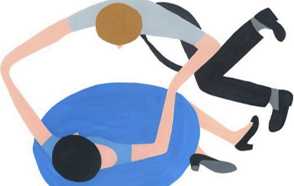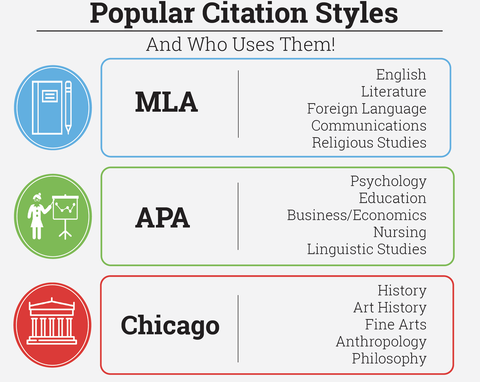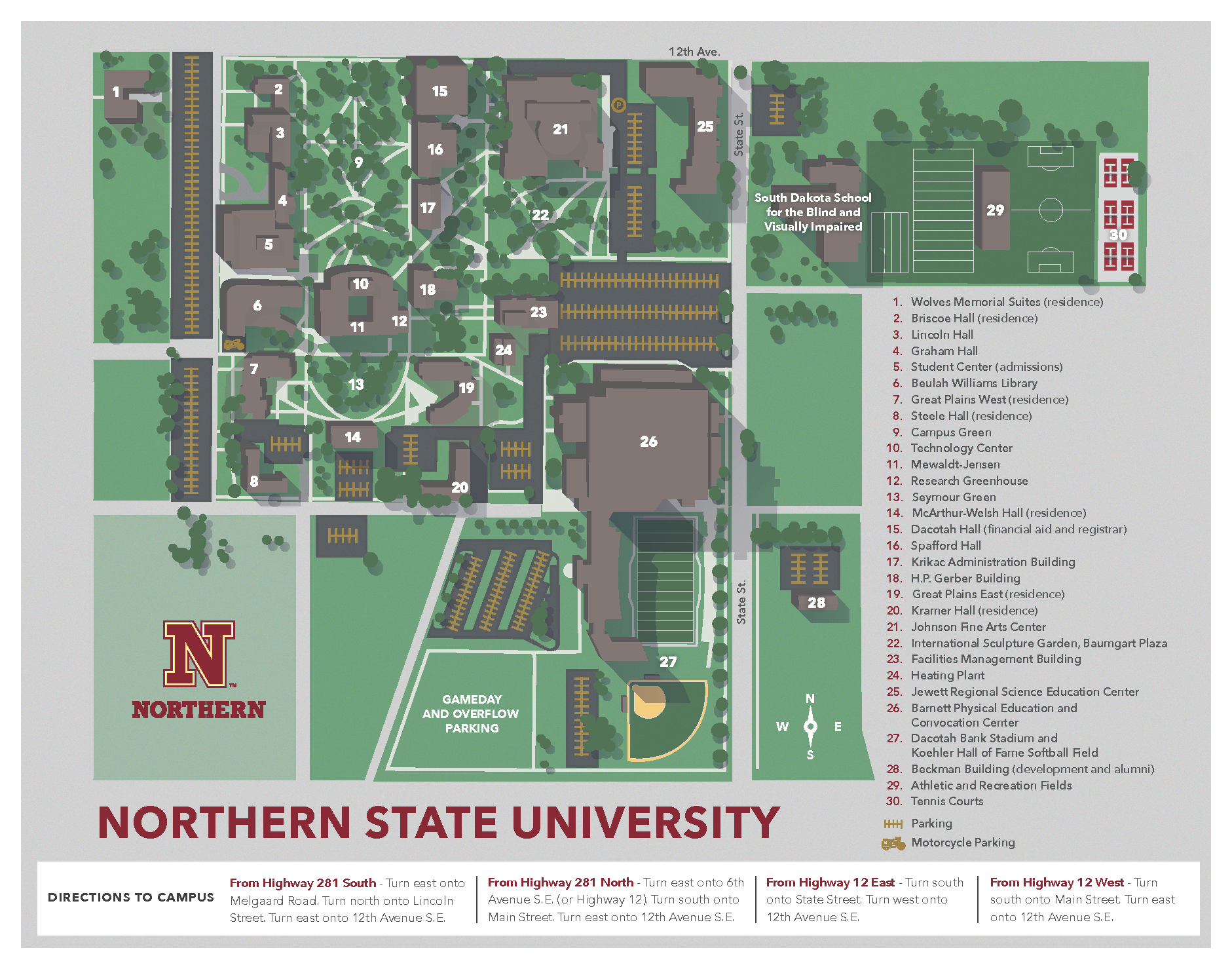In any job that must be done there is an element of fun--you find the fun and *snap* the job's a game, sings Mary Poppins. That's really true of writing. For many, maybe most, students writing is just a chore, as it was at one time for William Zinsser, author of On Writing Well. Zinsser was lucky enough to have people introduce him to the joy of writing, and his On Writing Well book is, among other things, a great book for introducing others to the fun/joy of writing--though Zinsser insists that good writing still is a lot of hard work, and there are times it won't always seem like fun.
For Tuesday, February 28, please read pp. 1-24 of Part I of the Zinsser book. In the comments section below, add your thoughts on that portion of the book. What do you see here that you think is particularly good advice for making writing fun and for becoming a better writer?







